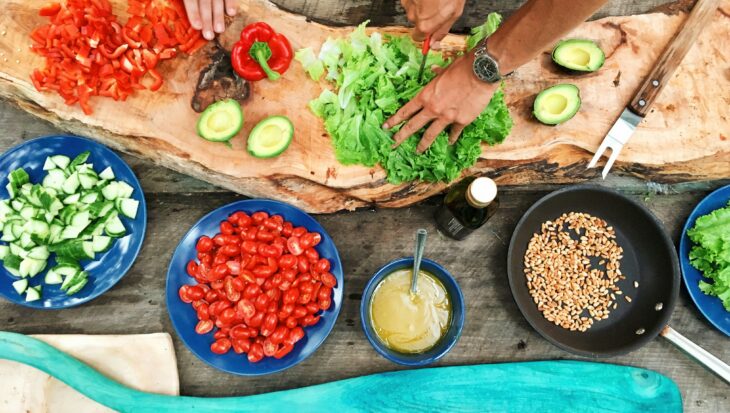Ban on the use of lead shot – finally!
Posted 10 Jul 2025

Posted on the 8th January 2010
In November, we reported that, according to the farming trade press, hundreds, if not thousands, of sheep and cattle perished in the floods that battered Cumbria.
Now comes the news that a million Scottish sheep face being starved or frozen to death on exposed hillsides. The National Farmers’ Union in Scotland has said about a third of the country’s sheep are on hills and warns that many flocks are ‘on a real knife edge’ following weeks of snow and sub-zero temperatures.
Even in a ‘good’ winter many sheep perish and so it is plain that the situation has gone beyond ‘knife edge’ survival and that there will have already been a great many, untallied, casualties.
The situation elsewhere in the UK is reported to be less calamitous, but still severe. The worst affected areas include the Pennines, Teesside, Cumbria and Wales. Apart from animals being buried under snow, there is the problem of ensuring they get sufficient feed and water.
The general public is encouraged to believe that sheep can thrive in all weathers, without the kind of shelter from heat, cold and rain that wild animals seek out or construct for themselves. In fact, a great many sheep perish annually before they can be slaughtered – often during lambing. Animal Aid’s research over many years demonstrates that farmers often fail adequately to feed and provide water for their animals – and that lameness and a host of other ailments are neglected.
Floods and snowstorms illustrate in stark terms the suffering sheep must endure. But that suffering is not confined to extreme weather events.
We repeat our message to the public issued at the time of the November floods: lamb flesh is not essential for sustaining human life. Please consider adopting a humane and healthy diet that is animal-free.
Order a FREE Go Vegan info packPosted 10 Jul 2025

Temperatures are rising and it’s time to get outdoors, enjoy the weather and tuck into some delicious vegan food! Thanks to an abundance of plant-based options now available, there’s an alfresco option for every tastebud...
Posted 09 Jul 2025
